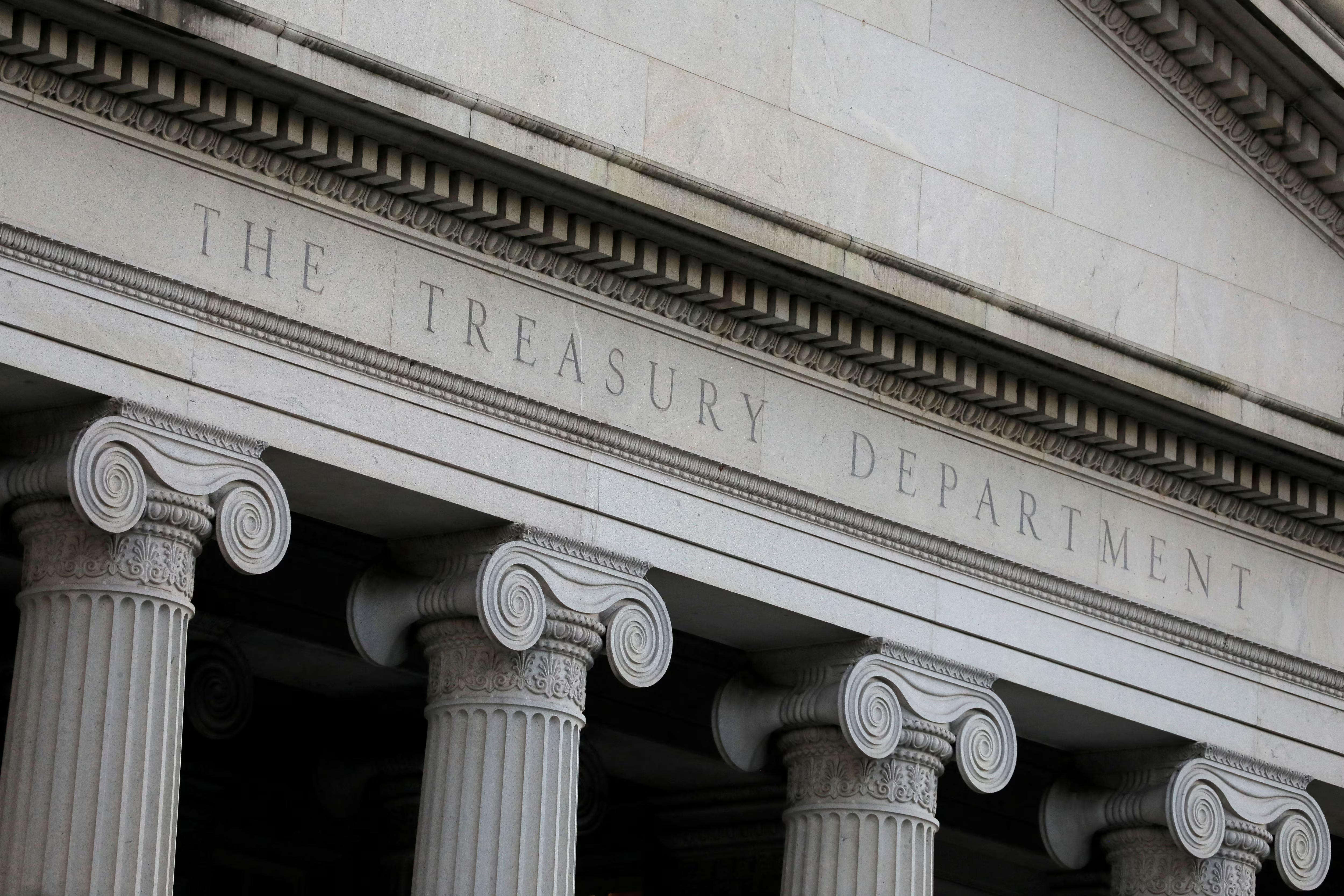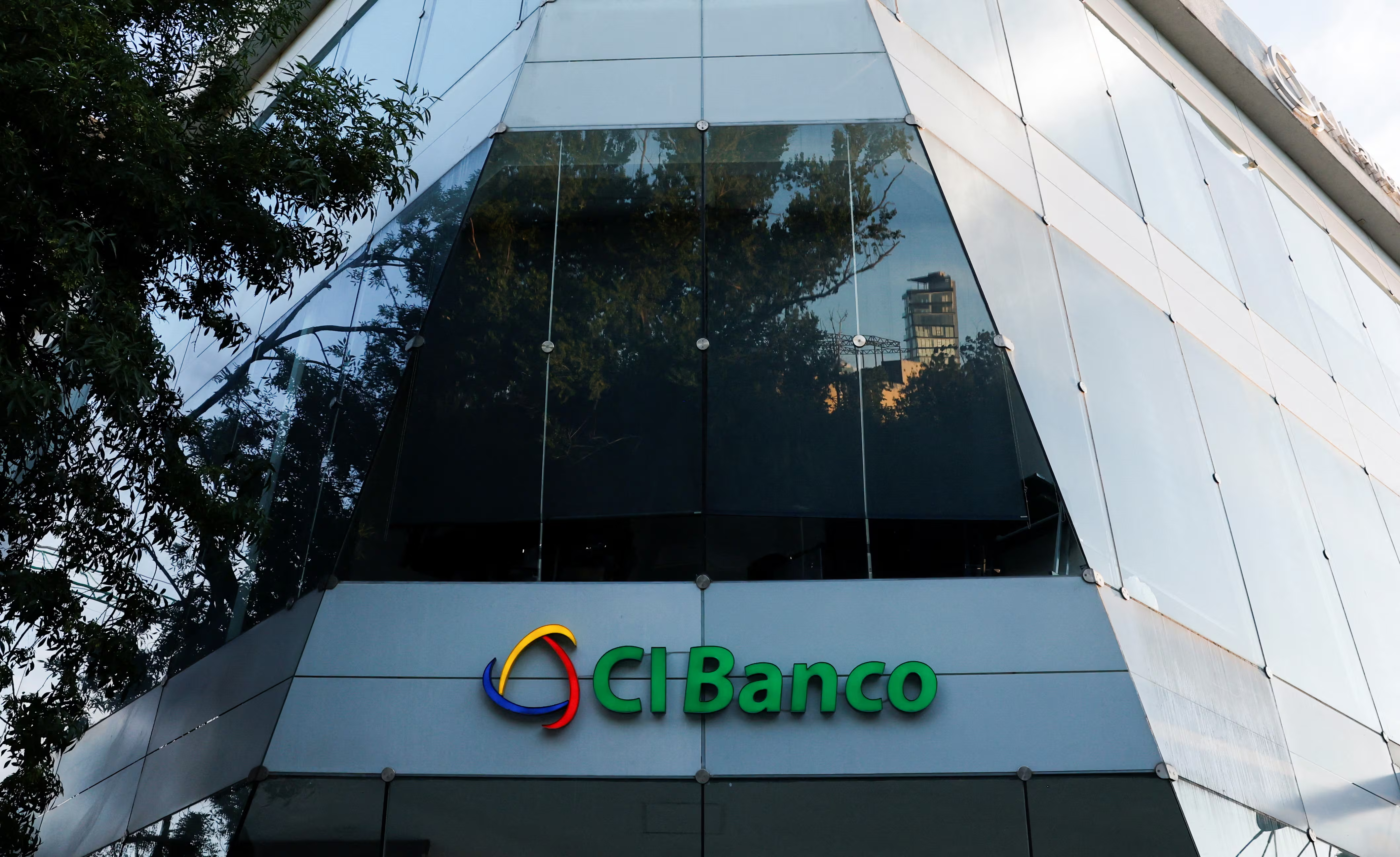In a shocking turn of events, the U.S. Treasury Department has accused three Mexican financial institutions of laundering over $3 million to facilitate the deadly fentanyl trade. This alarming revelation exposes the intricate web of financial complicity that fuels a crisis devastating American families.
Sanctions Target Banks Linked to Drug Money
The sanctions against CIBanco, Intercam Banco, and Vector Casa de Bolsa were announced under the new FEND Off Fentanyl Act, marking a significant escalation in the U.S. government’s efforts to combat the opioid epidemic. According to Treasury Secretary Scott Bessent, these banks are not just passive players; they are described as “vital cogs” in the fentanyl supply chain, enabling the trafficking of this lethal substance that has claimed countless lives.
Sheinbaum Stands Firm Against U.S. Accusations
Mexican President Claudia Sheinbaum, facing intense scrutiny, has publicly denounced the U.S. sanctions as politically motivated. “We aren’t going to cover for anyone,” she stated, demanding tangible evidence of wrongdoing, rather than mere allegations. Sheinbaum"s response highlights the delicate balance between cooperation and sovereignty in international relations, especially when it involves the sensitive issue of drug trafficking.

US targets three Mexican financial institutions under ...
Financial Institutions Under Fire
The accusations claim that these banks facilitated substantial transfers tied to the drug trade, including over $2.1 million processed through accounts connected to Chinese chemical suppliers. This raises pressing questions about the effectiveness of anti-money laundering regulations within these institutions. How could they allow such transactions to occur without adequate checks?
Impact on Families and Communities
The implications of these sanctions are far-reaching. Families across the U.S. are grappling with the devastating impacts of the opioid crisis, which has been exacerbated by fentanyl"s emergence as a cheap and potent alternative to traditional drugs. The financial networks that support this trade are not just abstract entities; they are directly linked to the suffering of real people. As reported by Newsweek, the overwhelming majority of fentanyl entering the U.S. is trafficked through Mexico, underscoring the urgency of addressing these financial conduits.

U.S. Treasury debt announcement signals to some June 1 is not ...
Calls for Accountability and Reform
As the U.S. government ramps up its sanctions, it raises an essential question: What measures are being taken to hold these financial institutions accountable? While the sanctions might disrupt some operations, they must be part of a broader strategy that includes comprehensive reforms in banking practices to prevent future complicity in drug trafficking. This situation demands a proactive approach to ensure that financial systems do not inadvertently support criminal enterprises.
The Broader Context of U.S.-Mexico Relations
This incident also sheds light on the fragile and often contentious relationship between the U.S. and Mexico. Historically, both nations have grappled with the complexities of cross-border crime, trade, and sovereignty. The sanctions could strain diplomatic relations at a time when cooperation is critical in addressing the shared challenges posed by drug trafficking and related violence. As reported by Scholars Bank, the need for transparent and accountable governance is paramount for both countries to make meaningful progress in tackling these issues.

US targets three Mexican financial institutions under ...



![[Video] Gunfire between Iraqi security forces and Sadr militias in Baghdad](/_next/image?url=%2Fapi%2Fimage%2Fthumbnails%2Fthumbnail-1768343508874-4redb-thumbnail.jpg&w=3840&q=75)
